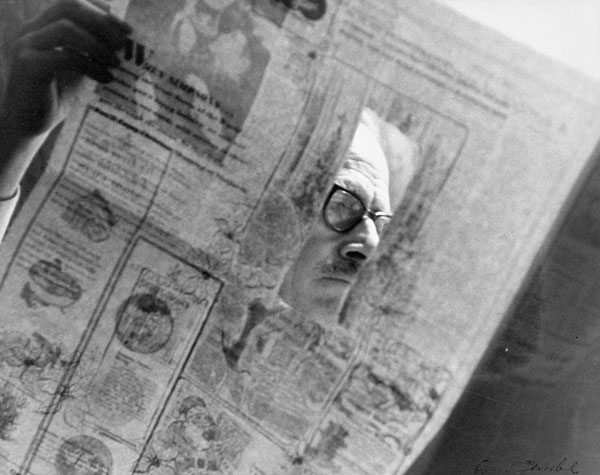Certain questions about editorial content were answered emphatically during Web 1.0: NOBODY will read long articles on a screen. NOBODY will sacrifice privacy in this radically free new frontier. NOBODY will pay for content, which wants to be free.
Over time, those seemingly obvious new rules had to be rewritten. As Internet connections and portable devices improved, people were willing to read long-form pieces online. The public shockingly, depressingly ceded their private information to corporations, going down with more of a whimper than a bang. The final answer, a riff off an oft-misunderstood Stewart Brand quote, is a murkier thing.
Those who stuck to their belief that content shouldn’t be given away looked wise after all the received wisdom began to be questioned, and paywalls at the New York Times and other publications attracted credit-card numbers. The thing is, profits from these streams aren’t nearly enough to make ends meet. The truth may ultimately be that neither paywalls nor no paywalls will be the correct answer.
From Rob Lever at Yahoo! News:
Washington (AFP) – Paywalls were supposed to help rescue newspapers from the crisis of sinking print circulation as readers shifted to getting their news online.
But with a few exceptions, they have failed to deliver much relief, prompting some news organizations to rethink their digital strategies.
Newspapers in the English-speaking world ended paywalls some 69 times through May 2015, including 41 temporary and 28 permanent drops, according to a study by University of Southern California researchers.
Paywalls “generate only a small fraction of industry revenue,” with estimates ranging from one percent in the United States to 10 percent internationally, the study in July’s International Journal of Communication said.
“People are far less willing to pay for online news than for print,” said USC journalism professor Mike Ananny, an author of the study.
Newspapers are in a difficult spot, he added, because online advertising generates a fraction of print’s revenue, and news organizations are already pressured by falling print circulation.•


